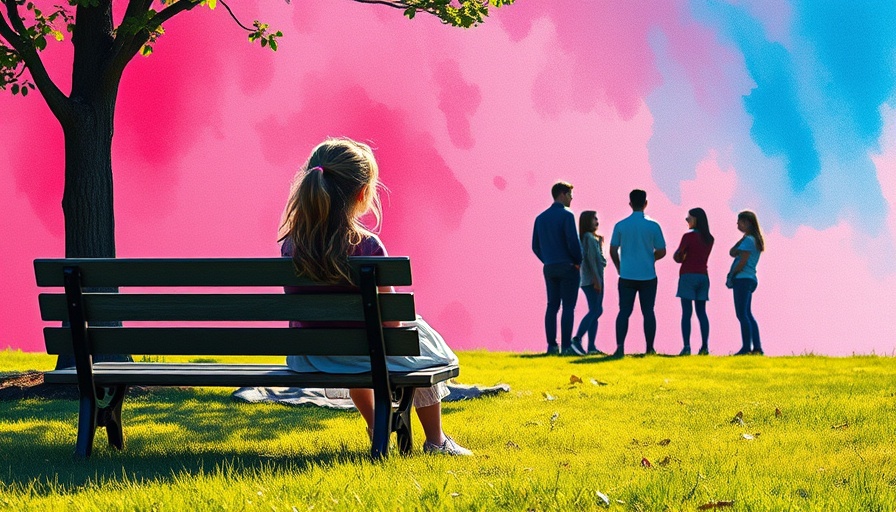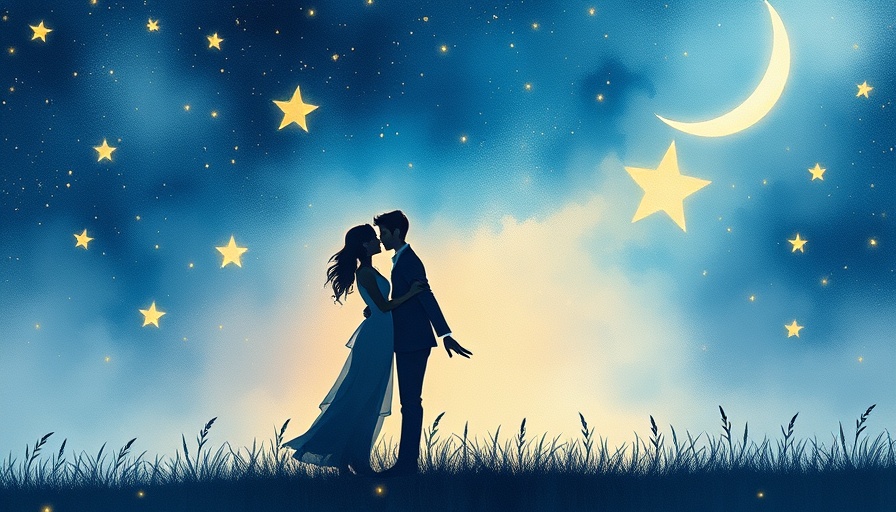
The Dark Side of Social Survival: Exclusion in Our Lives
In the journey of childhood, many children experience the heart-wrenching pain of exclusion. As covered in Samantha Carolan's article, this instinct isn’t just about social dynamics; it embodies a deeper survival mechanism that transcends species. Whether it manifests among schoolmates or in the wild, the urge to belong often leads to behaviors that can hurt others.
Understanding Our Instincts: Are We Taught to Exclude?
Carol's revelation regarding her horse’s transition from an outcast to a leader mirrors human social behaviors. Our actions—sometimes cruel and exclusionary—are often innate responses to social hierarchies. This raises the important question: do we exclude because we are mean, or is it simply a survival instinct? Just as the horse learns to navigate her new environment, humans adapt to social situations, often missing the emotional toll on others in the process.
Creating a Culture of Inclusion: The Path Forward
Although the mean instinct may be fundamentally ingrained, there are strategies to shift our behavior toward kindness. Encouraging open conversations about feelings and fostering empathy in children can build a foundation for healthier social interactions. Empowering children to embrace vulnerability and share their stories can combat the urge to exclude, paving the way for a more inclusive community.
Recognizing a Common Struggle: Why Inclusion Matters
Every person has a story and a journey, making it essential to promote kindness in a world often marred by exclusion. Consider the impact of simple acts of inclusion: a smile, a conversation, or a warm embrace can significantly uplift someone who feels left out. By prioritizing these actions, we can build stronger, more compassionate connections within our communities.
 Add Row
Add Row  Add
Add 




 Add Row
Add Row  Add
Add 


Write A Comment